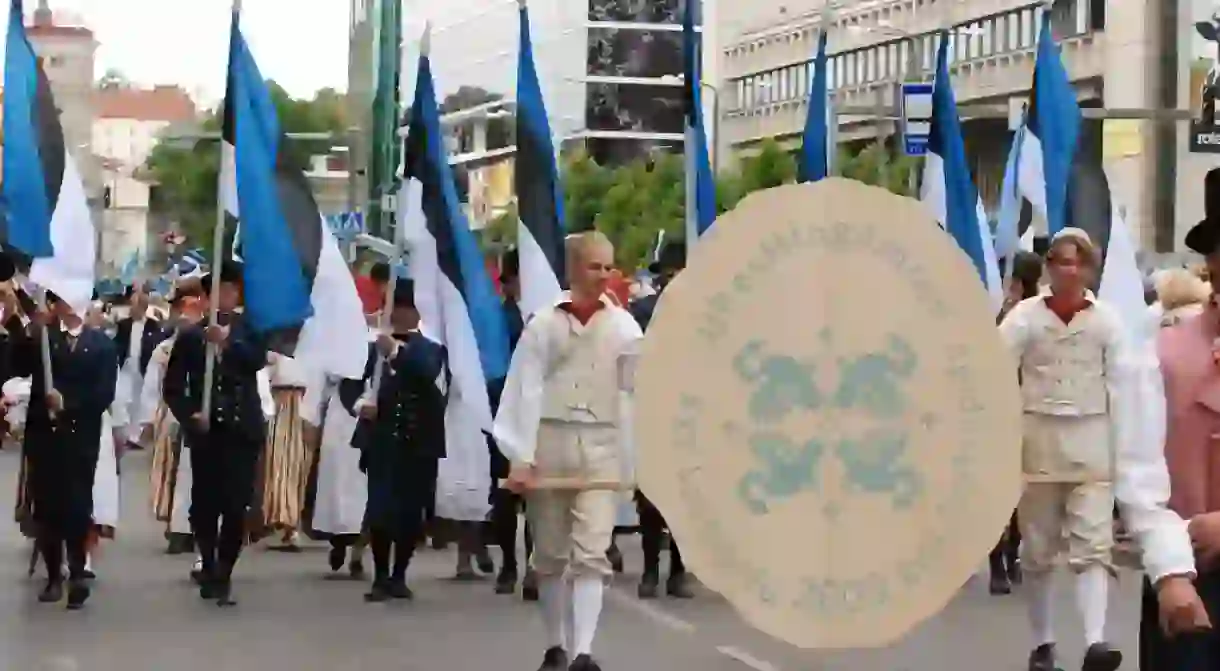Customs and Celebrations That Are Unique to Estonia

Estonia is a unique country with many interesting customs and celebrations which date back to ancient times. Of course, many old customs disappeared throughout the years, especially nowadays when the world is assimilating and it gets harder to save the old traditions. However, there are still plenty of traditional customs which are still relevant to Estonia even today.
Independence Day
On February 24, 1918, Estonia gained its independence and became a country with its own flag, language, and government. Naturally, this day is extremely important to Estonia and every year government officials attend a ceremony at Estonian War for Independence Monument to remind Estonians about the importance of loving their home country!

Spring Day
It is not hard to guess that Spring Day is celebrated on May 1 when spring officially starts. There is a tradition for people to dress up as witches the night before and make huge bonfires which serve as a gathering place for dancing, singing, and drinking. Many other countries in the world celebrate Day of the Worker on May 1, but it has nothing to do with Spring Day.
Midsummer Day
Midsummer Day, also known as Jaanipäev, is one of the biggest celebrations in Estonia. Every year locals try to escape from the cities and get intact with nature on the shortest night of the year. Some of the most common traditions are making a huge bonfire and jumping over it, looking for a blossomed fern which can make all the wishes come true, and simply enjoying nature by dancing, singing and drinking.

Whitsunday
Whitsunday is celebrated exactly 50 days after Easter and local Christians believe it is the day when the Holy Ghost approached the disciples of Jesus Christ. The most common symbol of Whitsunday is doves, which can be easily found all over Estonia in all kind of shapes and forms.
Christmas Eve
Even though Estonians are not the only ones in the world who celebrate Christmas Eve, it is still a huge day in Estonia when families get together, go to the church, and share their stories by the festive table. Older people are still following folk traditions, which come from Pagan times so you can witness plenty of unseen things during this magical day!

Victory Day
On June 23, Estonians celebrate Victory Day. It is the day when Estonians won the Estonian War for Independence against Nazis. Naturally, Estonians are proud of this particular achievement and that is why a huge celebration takes place. Also, the day after Victory Day is Midsummer Day, so locals get two days off which intensifies the festive mood and sense of freedom.
Day of Restoration of Independence
Estonia has a very long history of ups and downs, including being the part of the Soviet Union for the bigger part of the 20th-century. Of course, Estonians did everything to break free from the occupants and they succeeded on August 20, 1991. From that day on, Estonians gather at parades, concerts, and festivals every year to celebrate the day when they restored their independence.














